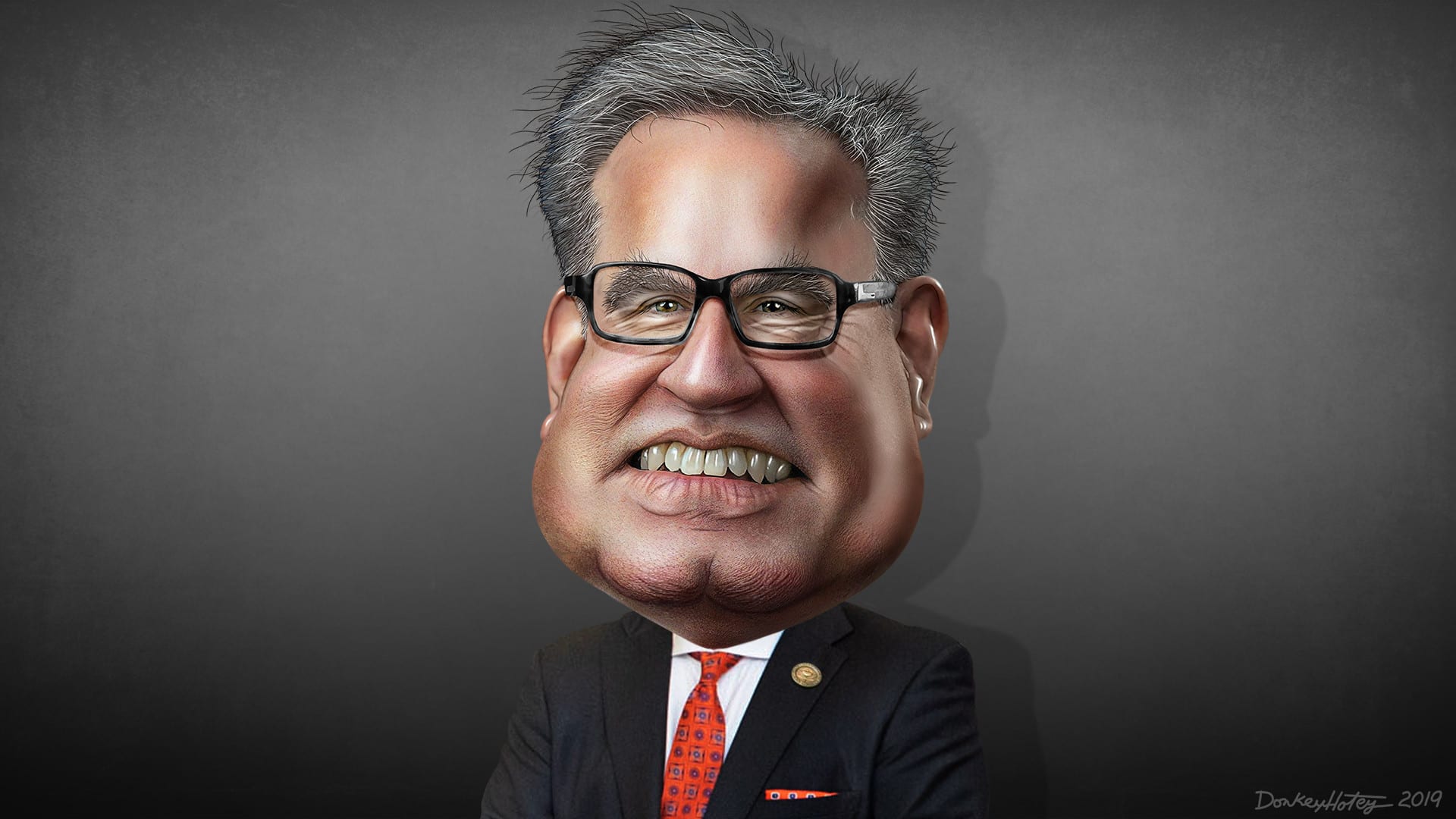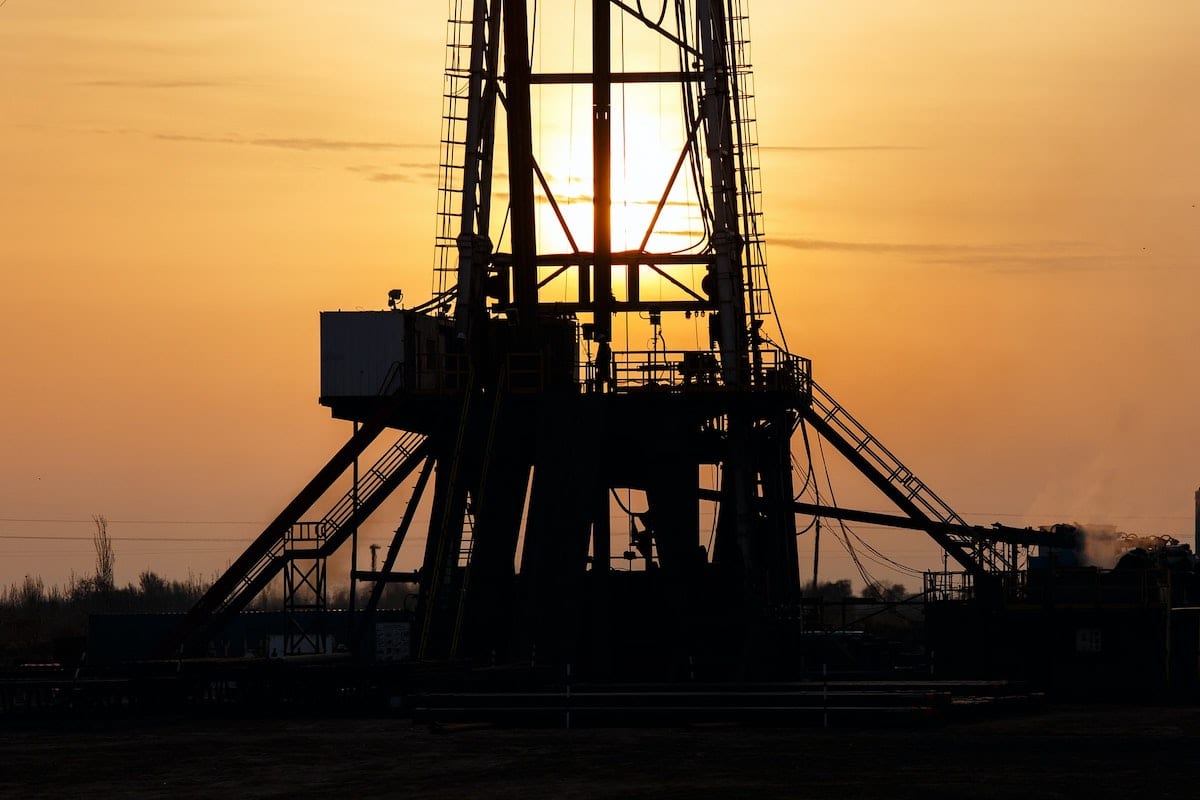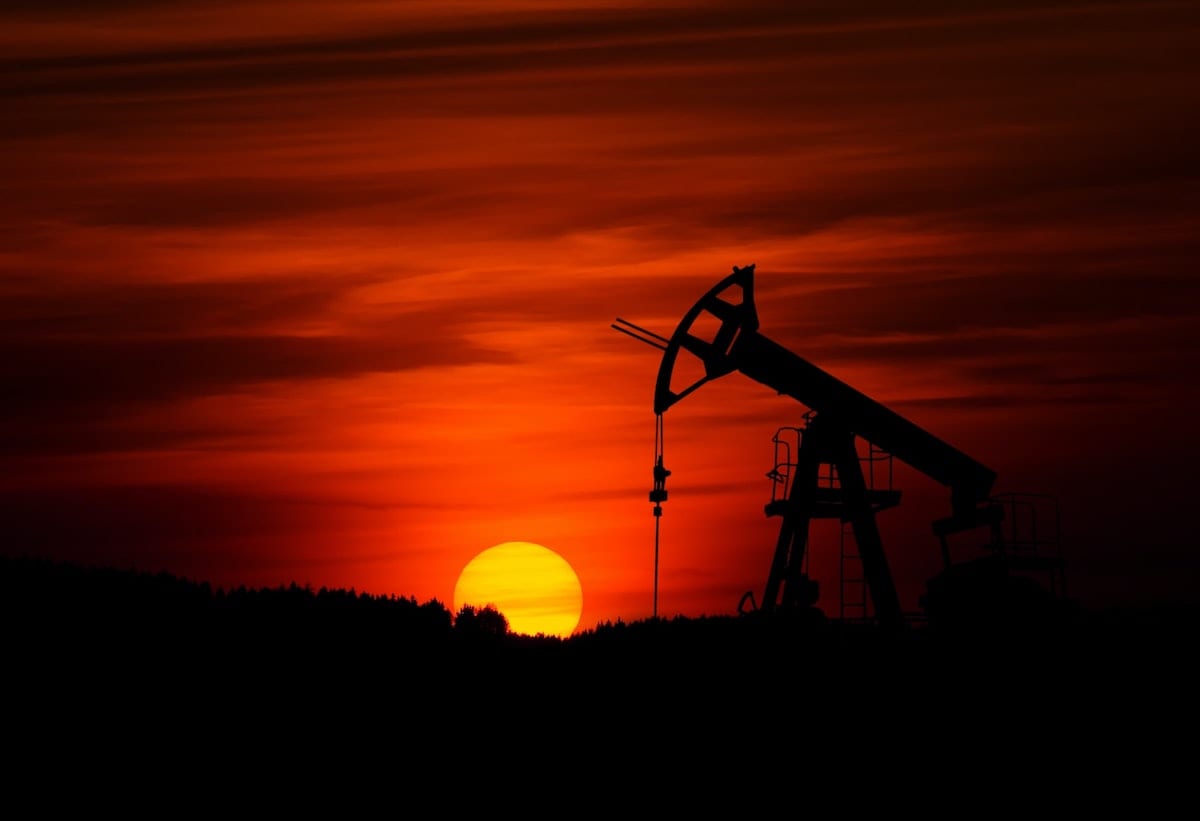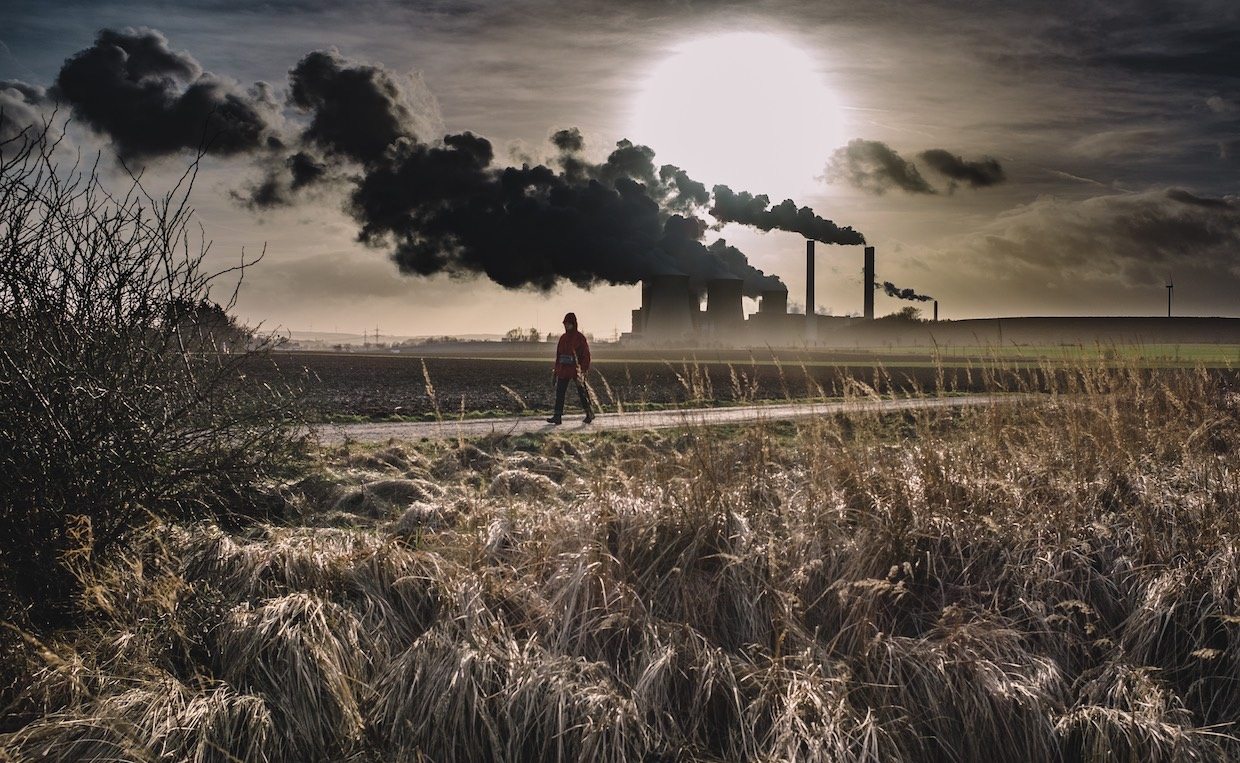EPA Administrator Andrew Wheeler will leave environmental damage as his legacy. His latest decision causes harm to both human health and the environment. He chose to ignore his own scientists and keep a 2012 standard for particulate matter pollution. An EPA report recommends a standard for nine micrograms per cubic meter, 25 percent stronger than the current limit of 12 micrograms. The current standard results in more than 52,0000 premature deaths a year.
Wheeler claimed that the EPA under the Trump administration “has continued America’s leadership in clear air.” He also claimed that “maintaining these important standards will ensure Americans can continue to breathe some of the cleanest air on the planet.” Perhaps he should read the EPA report that contradicts his statement.
Lower-income communities and people of color bear a greater burden
Particulate matter pollution affects low-income communities and communities of color more. as studies show. A 2015 study found that low-income communities experience higher concentrations of air pollution. Those in poverty had a 1.35 times higher burden than the overall population while blacks had a 1.54 times higher burden, according to a 2018 study of particulate matter pollution. A 2016 study found that racial isolation is associated with long term pollution exposure. People of color have more exposure to particulate matter pollution than do whites, a 2012 study found.
“Low-income communities and communities of color will bear the brunt of Wheeler’s heartless decision,” said Al Armendariz, Sierra Club’s Senior Director of Federal Campaigns, in a statement. “The people most in need of strong science-based standards are the ones who will suffer.”
The health and environmental effects of particulate matter pollution
There are two types of particulate matter: PM10 (10 micrometers or smaller) and PM2.5 (2.5 micrometers and smaller). Both types can cause a slew of health problems, including nonfatal heart attacks, irregular heartbeat, aggravated asthma, decreased lung function, increased respiratory symptoms, and even premature death in people with heart or lung disease. An estimated three percent of cardiopulmonary and five percent of lung cancer deaths are attributable to particulate matter globally. People with heart or lung disease, children, and elderly adults are the ones most likely to be affected by particulate matter pollution.
Particulate matter also causes environmental damage. Particulate matter can be carried over long distances and can settle on the ground or water. Lakes and streams can become acidic as a result of particulate pollution. The nutrient balance in large river basins and coastal waters can change. Nutrients in the soil can be depleted. Sensitive forests and farm crops can be damaged, while the diversity of ecosystems is affected. Particulate matter can also contribute to acid rain effects.
Andrew Wheeler, the fossil fuel lobbyist
Before Wheeler took the helm of the EPA, he worked as an energy lobbyist. His clients included Murray Energy Corporation, the largest coal mining company in the U.S. Wheeler is the vice president of the Washington Coal Club, a federation of over 300 coal producers, lawmakers, business leaders, and policy experts. He loves coal.
Before working as a lobbyist, he worked as a legislative aide to Oklahoma Senator Jim Inhofe, one of the biggest climate change deniers in Congress. Inhofe referred to climate change as “the greatest hoax” ever perpetrated and said in a radio interview that teaching children about climate change is “brainwashing.” When Wheeler’s nomination was announced, Inhofe praised the choice of the fossil fuel lobbyist.
EPA Administrator Andrew Wheeler is a man who puts profit above people, companies above nature. It should come as no surprise that one of his last acts as the head of the EPA is one that demonstrates no regard for human health.
Image by Donkey Hotey on Flickr





